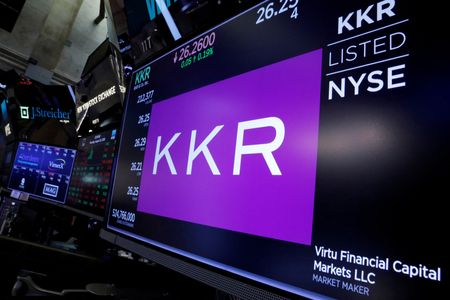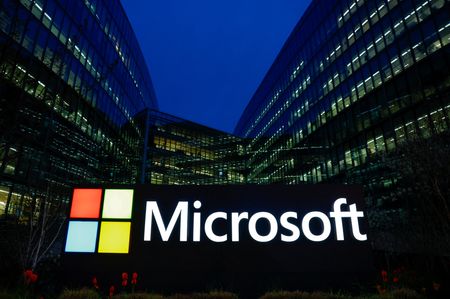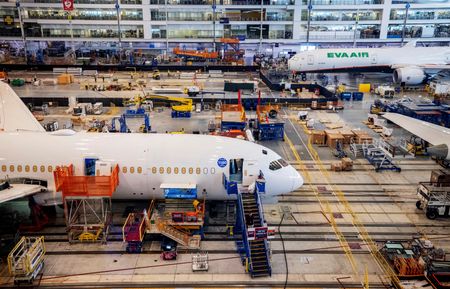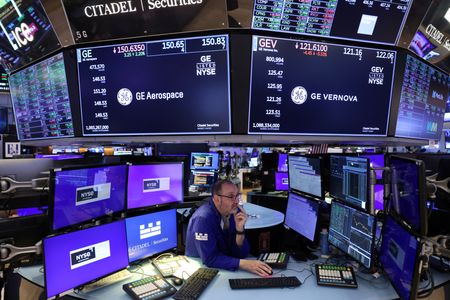By David Shepardson
WASHINGTON (Reuters) – The U.S. Homeland Security Department (DHS) on Friday announced a blue-ribbon board that includes the CEOs of OpenAI, Microsoft, Google parent Alphabet and Nvidia that will advise the government on the role of artificial intelligence on critical infrastructure.
The board will develop recommendations for the transportation sector, pipeline and power grid operators, internet service providers and others to “prevent and prepare for AI-related disruptions to critical services that impact national or economic security, public health, or safety.”
Homeland Security Secretary Alejandro Mayorkas told reporters the board would help ensure the safe deployment of AI technology and how to address threats posed by this technology to vital services like energy, utilities, transportation, defense, information technology, food and agriculture, and financial services.
“It is not a board that will be focused on theory, but rather practical solutions for the implementation of AI in our nation’s daily life,” Mayorkas told reporters. “It was very important to bring key developers of this extraordinary powerful tool” to the board.
The 22-member board includes tech leaders OpenAI CEO Sam Altman, Anthropic CEO Dario Amodei, Nvidia CEO Jensen Huang, IBM CEO Arvind Krishna, Adobe CEO Shantanu Narayen, Microsoft CEO Satya Nadella, Alphabet CEO Sundar Pichai, Cisco CEO Chuck Robbins, Amazon Web Services CEO Adam Selipsky and Advanced Micro Devices CEO Lisa Su.
The board also includes Delta Air Lines CEO Ed Bastian, Occidental Petroleum CEO Vicki Hollub and Northrop Grumman CEO Kathy Warden, as well as Maryland Governor Wes Moore, Seattle Mayor Bruce Harrell and the head of White House Office of Science and Technology Policy.
The board will meet for the first time next month with quarterly planned future meetings.
DHS warned in its 2024 threat assessment that AI-assisted tools have the “potential to enable larger scale, faster, efficient, and more evasive cyber attacks—against targets, including pipelines, railways, and other US critical infrastructure.”
It also said China and others are developing “AI technologies that could undermine U.S. cyber defenses, including generative AI programs that support malicious activity such as malware attacks.”
(Reporting by David Shepardson; Editing by Bill Berkrot)












